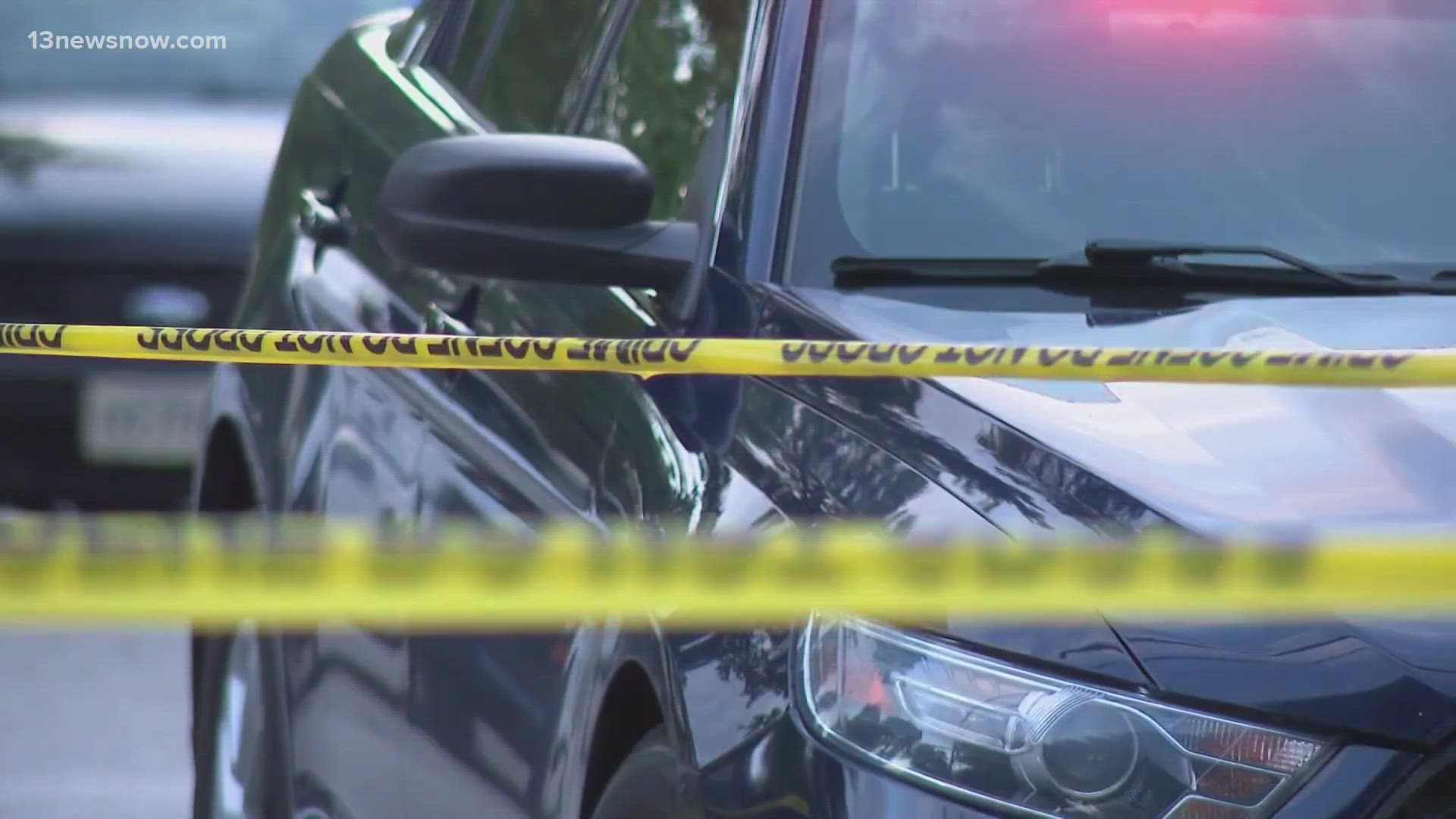NORFOLK, Va. — As Hampton Roads continues to grapple with gun violence and natural disasters, Sentara Health is trying to help.
The hospital is raising awareness about “Disaster Fatigue,” with a webinar hosted by experts as part of Mental Health Awareness month.
So, what is disaster fatigue? How how can people cope?
Four panelists suggested the conversation is desperately needed in a time of mass shootings, natural disasters, social and political unrest, and emerging from the COVID-19 pandemic.
For many people, experts said it feels like they are constantly facing some sort of tragedy including dozens of homes destroyed by a tornado in Virginia Beach, a person shot and killed at a local gas station and more than 200 mass shootings in the U.S. so far this year, according to the Gun Violence Archive.
All of these things can lead to ‘disaster fatigue,’ said panelists.
Betsy Rhodes with the American Foundation for Suicide Prevention said disaster fatigue happens when a person or community is flooded with negative news and it begins to strain their emotional and mental health.
"It can foster... cynicism, an increased sense of hopelessness and a decrease in compassion and empathy," she said.
Rhodes said witnessing and feeling the impact of these things repeatedly can exhaust the body and lead to depression and anxiety.
"We’re not having time to breathe. It feels like it’s just a wave that keeps crashing and crashing and it’s not just your imagination, it’s real," she said. "It’s the news. It’s the weather. It’s everything. Once that happens, it affects the body and it affects communities."
She said constant exposure to negative events can trigger your 'fight, flight or freeze' response. That causes our body to secrete both cortisol and adrenaline, which is the the body's natural way to cope. However, when that happens over and over, it can cause your adrenal glands to get tired.
According to the National Oceanic and Atmospheric Administration, Americans in the 1980s suffered a major weather disaster on average about once every 82 days. In the last five years, we've experienced 'billion dollar disasters' on average once every 18 days.
The Gun Violence Archive tracked more than 647 mass shootings in 2022 and 690 in 2021. This time last year, the U.S. had seen 183 mass shootings, including one in Chesapeake at the Walmart on Sam's Circle.
For some communities, including the elderly and LGBTQ populations, the fatigue can affect them even more, said the panelists.
Rebecca Brown with Senior Services of Southeastern Virginia said disaster fatigue can increase chronic illnesses and compound existing conditions.
"An aging body experiences many things differently," she said.
AnhThu Nguyen, the Executive Director of the Shenandoah LGBTQ Center, said there can be a fear of judgement or discrimination when reaching out for help.
"We know during disasters in particular, the LGBTQ community, there is hesitancy in reaching out for support and accessing support," Nguyen said.
Shaneque Hawkins, Licensed therapist and resident in counseling for the VB Strong Center in partnership with Sentara, encouraged people to establish healthy boundaries when it comes to consuming sad topics, improve self-awareness, shift perspective to things that can be controlled, and even create a self-care calendar.
"Express not suppress. What I mean by that is to let yourself feel," Hawkins said. "I know it sounds simple, but a lot of the times if you're not used to allowing yourself to feel those emotions when they come by, you may suppress them. You may say, 'Well, you know, I just gotta' keep going, I gotta' keep trucking, I gotta' keep pushing.'"
Rhodes said above all, be kind to yourself.
"We are so hard on ourselves and I love the Maya Angelou phrase that ‘I did what I did then with what I knew then and when I know better, I do better.'"
Here is a list of resources offered by the panelists, among other links:

